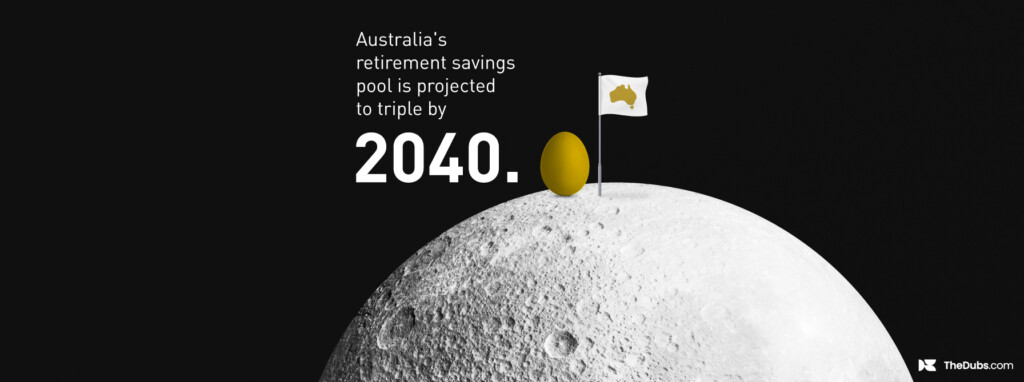Offering an array of challenging cultural, political and social talks, Sydney’s annual Festival of Dangerous Ideas (FODI) compels audiences to question the current state of play in society.
I decided to see what Jon Ronson had to say about the escalation of public shaming in social media.
Welsh journalist, author and documentary filmmaker, Ronson is famous for his sceptical investigations into science and politics.
At FODI, he talked about how public humiliation on social media is widespread and out of control. It’s very easy to badmouth someone on Facebook, X or online, despite the fact that anything has the potential to go viral. He believes we’ve lost our compassion and our empathy.
Take X: restricted by its 140-character limit, there’s not much space to put your message into context. And without context it can be hard to be sure of the tone or intention behind the tweet. Irony gets lost in translation.
Ronson opened his talk with the case of Justine Sacco. To entertain herself while journeying from America to South Africa, she tweeted acerbic little jokes about the ignominies of travel. Along with comments about smelly men and bad breath, her final tweet before her flight to Johannesburg looked like this:
It’s a stupid comment but it spread like viral wildfire, outraging tens of thousands of people within hours. When she boarded the plane she only had 170 followers. By the time she reached Johannesburg #HasJustineLandedYet was the no.1 X trend worldwide. Globally, people were jumping on board the shame bus, some publicly posting Justine’s flight tracker details, others retweeting the comment in disgust. It was trolling mayhem.
After the buzz died down, Ronson met with Justine to find out about the tweet that took away her job, her reputation and her life as she knew it. She said it was never supposed to be taken so literally: it was making fun of American ignorance about third world countries. It’s alarming how a lack of context can incite such vengeance.
What struck me the most during Ronson’s talk was how a person catapulted into the social media spotlight is either seen as a revered saint or as a hideous villain. Shaming may feel righteous and effective, but Ronson brought into focus the incredible disconnect between the harshness of the crime and the intense savagery of the punishment.
The gang mentality of online shaming is ruining people’s lives. Ronson illustrated this with the heartbreaking case of an alleged racist incident that was posted on Facebook, went viral and caused a public servant to take his own life in response to the overwhelming public shaming and defamation.
Social media is a powerful tool. It can invoke public awareness for the greater good, but it can just as easily create an out-of-control wave of abuse and hatred.
Ronson left us with a final thought about society today: isn’t it interesting how one man’s picture with a dead lion can cause so much international outrage, yet the online population has only just started to react to the refugee crisis after seeing a photograph of something they already knew was happening.
Makes you think…
Subscribe now for content marketing insights and trends straight to your inbox.










